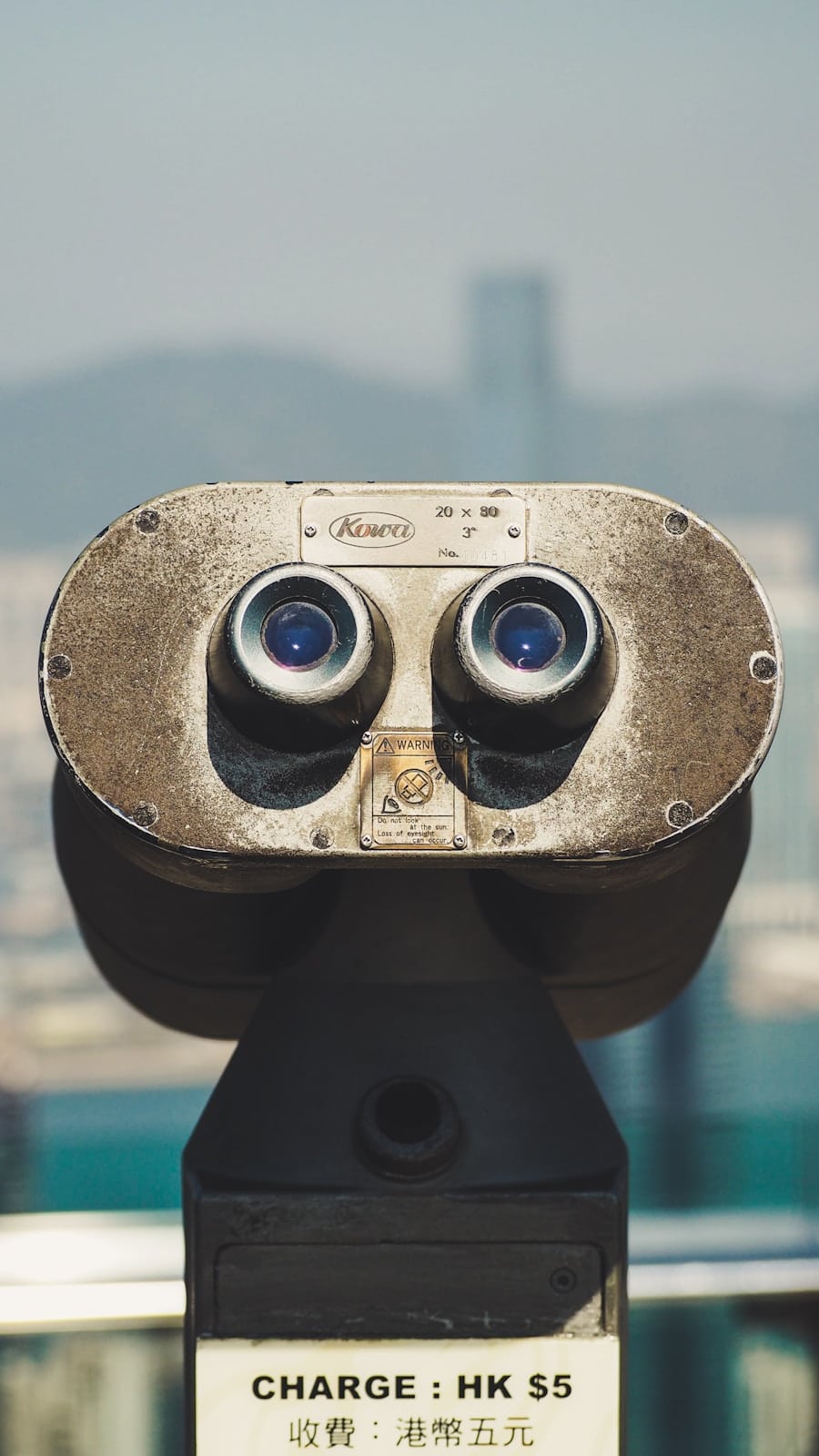The recruitment landscape has undergone a seismic shift in recent years, largely driven by advancements in artificial intelligence (AI). As organizations strive to attract top talent in an increasingly competitive market, AI has emerged as a transformative tool that enhances efficiency, accuracy, and effectiveness in the hiring process. By automating repetitive tasks, analyzing vast amounts of data, and providing insights that were previously unattainable, AI is reshaping how companies identify, engage, and hire candidates.
This evolution is particularly pronounced in the tech industry, where the demand for skilled professionals often outstrips supply, necessitating innovative approaches to talent acquisition. AI’s integration into recruiting processes is not merely a trend; it represents a fundamental change in how organizations approach human resources. Traditional methods of recruitment often relied heavily on manual processes, which could be time-consuming and prone to bias.
In contrast, AI-driven solutions offer a more systematic approach, leveraging algorithms and machine learning to enhance decision-making. This article delves into the multifaceted role of AI in tech talent acquisition, exploring its impact on candidate screening, engagement with passive candidates, skills assessment, diversity initiatives, and the ethical considerations that accompany its use.
Key Takeaways
- AI is revolutionizing the recruiting process by streamlining candidate screening, identifying passive candidates, and assessing skills.
- In tech talent acquisition, AI plays a crucial role in sourcing, screening, and engaging candidates, leading to more efficient and effective hiring processes.
- AI streamlines the candidate screening process by analyzing resumes, assessing skills, and predicting candidate success, saving time and resources for recruiters.
- AI helps identify and engage passive candidates by analyzing online behavior, predicting job fit, and personalizing outreach to attract top talent.
- AI enables skills assessment and matching by analyzing candidate data, identifying relevant skills, and matching candidates to the right job opportunities, improving hiring outcomes.
The Role of AI in Tech Talent Acquisition
Efficient Candidate Sifting
Recruiters can leverage AI tools to sift through thousands of resumes and applications, identifying candidates who possess the requisite skills and experience for specific roles. This capability not only saves time but also enhances the quality of candidate shortlists by minimizing human error and bias.
Predicting Candidate Success
AI can assist in predicting candidate success by analyzing historical hiring data and performance metrics. For instance, machine learning algorithms can identify patterns that correlate with high performance in specific roles, allowing recruiters to focus on candidates who are more likely to excel within the organization.
Informed Decision-Making
This predictive capability is particularly valuable in tech hiring, where the right fit can significantly impact team dynamics and project outcomes. By utilizing AI to inform their decisions, recruiters can make more strategic choices that align with organizational goals.
How AI Streamlines the Candidate Screening Process

The candidate screening process is often one of the most labor-intensive aspects of recruitment. Traditionally, recruiters would manually review resumes and cover letters, a process that could take days or even weeks. AI has revolutionized this stage by automating resume parsing and initial assessments.
Natural language processing (NLP) algorithms can analyze resumes for relevant keywords and phrases, allowing recruiters to quickly identify candidates who meet the basic qualifications for a position. Furthermore, AI can enhance the screening process by incorporating advanced analytics that evaluate candidates beyond their resumes. For example, some AI systems can assess candidates’ online presence, including their contributions to open-source projects or their activity on professional networking sites like LinkedIn.
This holistic approach provides recruiters with a more comprehensive view of a candidate’s capabilities and potential fit within the organization. By streamlining the screening process, AI not only accelerates hiring timelines but also improves the overall quality of hires.
Using AI to Identify and Engage Passive Candidates
Passive candidates—those who are not actively seeking new job opportunities—represent a significant portion of the talent pool, particularly in the tech industry. Engaging these individuals requires a nuanced approach that goes beyond traditional recruitment methods. AI can play a crucial role in identifying and reaching out to passive candidates through sophisticated data analysis and targeted outreach strategies.
AI-driven tools can analyze social media profiles, professional networks, and other online platforms to identify individuals who possess the desired skills and experience but may not be actively looking for new roles. By leveraging this data, recruiters can create personalized outreach campaigns that resonate with potential candidates. For instance, an AI system might suggest tailored messaging based on a candidate’s previous work experience or interests, increasing the likelihood of engagement.
This proactive approach not only expands the talent pool but also fosters relationships with potential hires long before they are ready to make a career move.
Leveraging AI for Skills Assessment and Matching
One of the most critical aspects of tech talent acquisition is ensuring that candidates possess the necessary skills for specific roles. Traditional assessment methods often rely on interviews or standardized tests that may not accurately reflect a candidate’s capabilities. AI offers innovative solutions for skills assessment and matching that provide deeper insights into a candidate’s technical proficiency.
For example, coding assessments powered by AI can evaluate a candidate’s programming skills through real-time coding challenges that simulate actual work scenarios. These assessments can be tailored to reflect the specific technologies and languages relevant to the position being filled. Additionally, AI can analyze performance data from these assessments to provide recruiters with objective insights into a candidate’s strengths and weaknesses.
This data-driven approach not only enhances the accuracy of skills matching but also helps organizations make informed decisions about which candidates are best suited for particular roles.
The Impact of AI on Diversity and Inclusion in Tech Hiring

Minimizing Bias with AI
AI algorithms can be designed to minimize bias by focusing solely on relevant qualifications and experiences rather than demographic factors such as gender or ethnicity. For instance, blind recruitment tools powered by AI can anonymize resumes during the initial screening process, ensuring that candidates are evaluated based solely on their skills and experiences.
Tracking Diversity Metrics
Additionally, AI can help organizations track diversity metrics throughout the hiring process, enabling them to identify areas for improvement and implement targeted strategies to enhance inclusivity.
A Cautionary Approach
However, it is essential to recognize that AI is not a panacea for diversity challenges. The algorithms themselves can inadvertently reflect existing biases present in historical hiring data. Therefore, organizations must approach AI implementation with caution, continuously monitoring outcomes to ensure that diversity goals are being met without inadvertently reinforcing biases.
Overcoming Challenges and Ethical Considerations in AI Recruitment
While the benefits of AI in recruitment are substantial, several challenges and ethical considerations must be addressed to ensure responsible implementation. One significant concern is data privacy; as organizations collect vast amounts of personal information from candidates, they must navigate complex regulations regarding data protection. Ensuring compliance with laws such as GDPR requires organizations to establish robust data governance frameworks that prioritize candidate privacy.
Another challenge lies in algorithmic bias. If not carefully designed and monitored, AI systems can perpetuate existing biases present in training data or reflect societal inequalities. Organizations must invest in developing transparent algorithms that are regularly audited for fairness and accuracy.
This includes diversifying training datasets to ensure that AI systems are exposed to a wide range of experiences and backgrounds.
While AI can provide valuable insights and streamline decision-making, it should not replace human intuition and empathy entirely.
Striking a balance between automated processes and human involvement is crucial for fostering a positive candidate experience and making informed hiring decisions.
The Future of AI in Tech Talent Acquisition
As technology continues to evolve at an unprecedented pace, the future of AI in tech talent acquisition holds immense promise. Emerging trends suggest that AI will become increasingly integrated into every stage of the recruitment process, from sourcing candidates to onboarding new hires. For instance, advancements in machine learning may enable AI systems to predict future hiring needs based on workforce trends and project demands.
Additionally, as natural language processing technology improves, chatbots powered by AI will likely play a more prominent role in candidate engagement throughout the recruitment journey. These chatbots can provide real-time responses to candidate inquiries, schedule interviews, and even conduct preliminary assessments—all while delivering a personalized experience. Furthermore, as organizations continue to prioritize diversity and inclusion initiatives, AI will play a critical role in helping them achieve these goals through data-driven insights and unbiased assessments.
The ongoing development of ethical frameworks for AI use will also shape how organizations implement these technologies responsibly. In conclusion, while challenges remain in harnessing the full potential of AI in recruitment, its transformative impact on tech talent acquisition is undeniable. As organizations navigate this evolving landscape, those who embrace AI thoughtfully will be better positioned to attract top talent while fostering inclusive workplaces that drive innovation and success.
AI technology is revolutionizing the way recruiters find top tech talent, but it’s not just in the hiring process where AI is making waves. In a related article, Discover the Best Paying Jobs in Tech 2023, readers can explore the latest trends in the tech industry and learn about the highest paying jobs in the field. As AI continues to shape the future of recruitment and job opportunities, staying informed about these advancements is crucial for both job seekers and employers alike.
FAQs
What is AI in recruitment?
AI in recruitment refers to the use of artificial intelligence technology to streamline and improve the hiring process. This can include using AI-powered tools to source and screen candidates, automate administrative tasks, and analyze data to make more informed hiring decisions.
How is AI helping recruiters find tech talent faster?
AI is helping recruiters find tech talent faster by automating the initial screening process, identifying top candidates based on skills and experience, and providing insights into candidate suitability through data analysis. This allows recruiters to focus their time and efforts on engaging with the most qualified candidates.
What AI tools are being used in tech talent recruitment?
AI tools being used in tech talent recruitment include applicant tracking systems (ATS) with AI capabilities, AI-powered sourcing platforms, chatbots for candidate engagement, and predictive analytics tools for identifying top talent.
What are the benefits of using AI in tech talent recruitment?
The benefits of using AI in tech talent recruitment include increased efficiency in sourcing and screening candidates, improved candidate experience through personalized engagement, reduced bias in the hiring process, and better insights for making data-driven hiring decisions.
Are there any potential drawbacks to using AI in tech talent recruitment?
Potential drawbacks to using AI in tech talent recruitment include the risk of algorithmic bias if the AI tools are not properly designed and trained, the potential for job displacement among traditional recruiting roles, and concerns about data privacy and security when using AI-powered tools.

